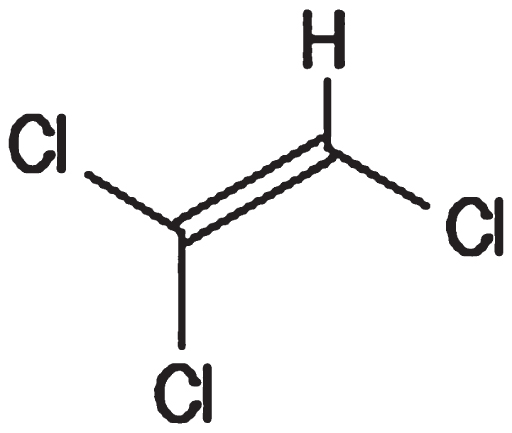
Acute effects of coffee consumption on health
1. A research was conducted on 100 healthy residents of San Francisco (mean age 39 yrs, 51% women, median BMI 24) to evaluate effects of #coffee consumption on various #Health parameters.
#MedTwitter
1. A research was conducted on 100 healthy residents of San Francisco (mean age 39 yrs, 51% women, median BMI 24) to evaluate effects of #coffee consumption on various #Health parameters.
#MedTwitter

2. Coffee consumption did not cause an increase in the rate of premature atrial contraction (PAC).
PAC can be a risk factor for future development of atrial fibrillation (AF). So, possibly, there is no increased risk of AF with coffee consumption.
PAC can be a risk factor for future development of atrial fibrillation (AF). So, possibly, there is no increased risk of AF with coffee consumption.
3. One cup of coffee consumption did not increase the rate of premature ventricular contractions. However, there might be a possible association between consumption of more than one coffee drink per day and premature ventricular contractions.
4. Coffee consumption resulted in greater physical activity among participants (about 1000 steps more per day- 10646 steps among coffee consumers versus 9665 steps without coffee drinking). This can translate to 6-15% reduced death rate over long-term.
5. Coffee consumption resulted in 30 minutes lesser sleep (397 minutes among coffee consumers versus 432 minutes without coffee consumption). However, the impact of 30 min lesser sleep on health is not certain.
6. No apparent relationship between coffee consumption and serum glucose levels was observed.
7. Take home message
*Coffee consumption was not associated with increased rate of premature atrial complex.
Reference
nejm.org/doi/full/10.10…
*Coffee consumption was not associated with increased rate of premature atrial complex.
Reference
nejm.org/doi/full/10.10…
• • •
Missing some Tweet in this thread? You can try to
force a refresh






